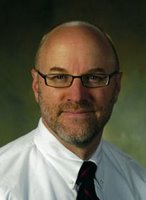THE United States Preventive Services Task Force’s recommendation this week that women begin regular breast cancer screening at age 50 rather than 40 is really nothing new. It’s almost identical to the position the group held in the 1990s.Nor is the controversy that has flared since the announcement something new. It’s the same debate that’s gone on in medicine since 1971, when the very first large-scale, randomized trial of screening mammography found that it saved the lives only of women aged 50 or older. Despite the evidence, doctors continued to screen women in their 40s......Even though [the screen at 40] consensus was more asserted than definitively proved by experimental evidence or clinical observation, it soon became dogma......You need to screen 1,900 women in their 40s for 10 years in order to prevent one death from breast cancer, and in the process you will have generated more than 1,000 false-positive screens and all the overtreatment they entail. This doesn’t make sense. We could do more research and hold more consensus conferences. I suspect it would confirm the data we already have. But history suggests it would never be enough to convince many people that we are screening too much.
You've heard the rabble and the science. How many times will Galileo be tried before we get it right? Robbie's piece has, sadly, been written before. Different names, same ending.
[disclosure: I'm a proud faculty mate of Robbie's in Penn's Department of Family Medicine and Community Health.]

No comments:
Post a Comment